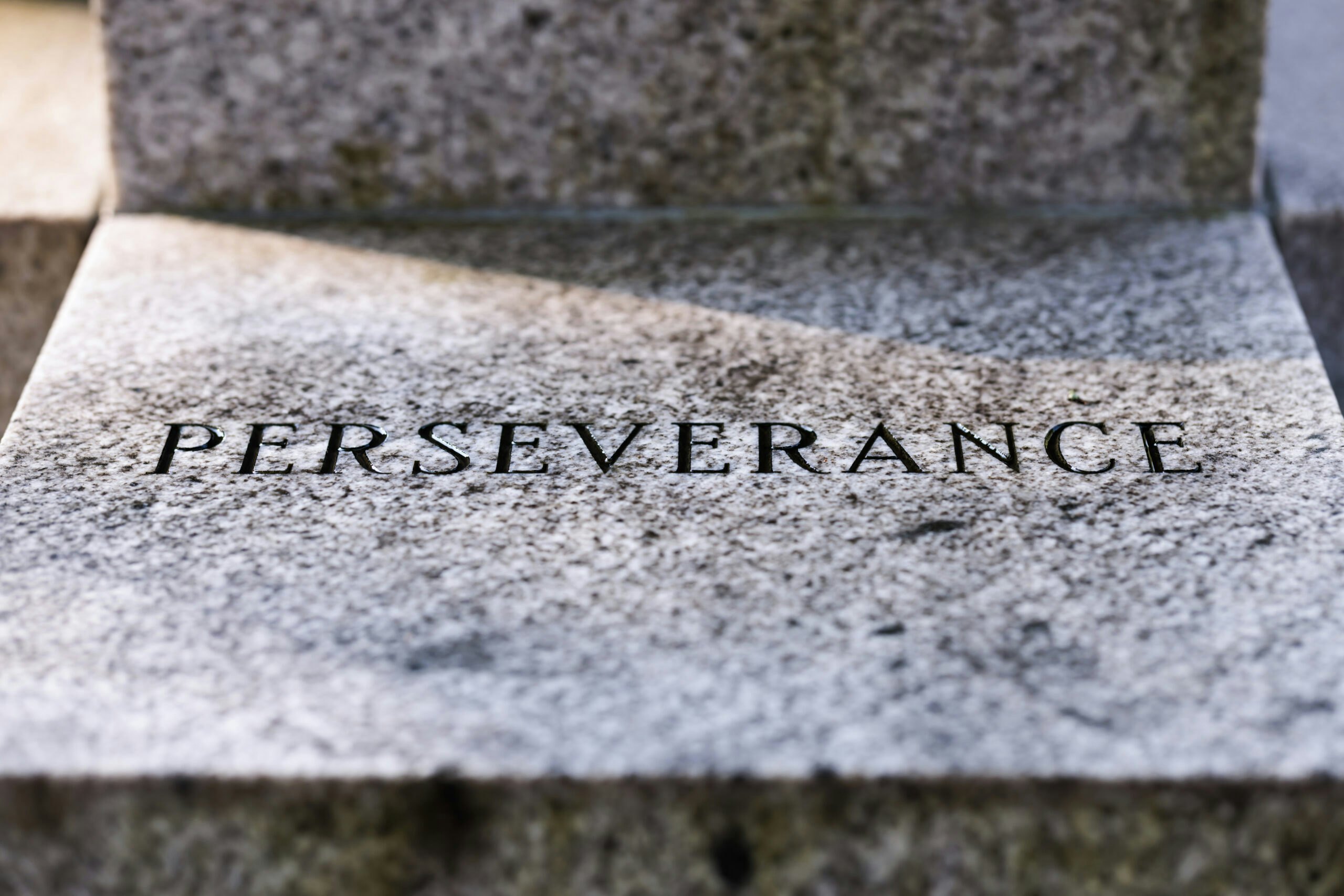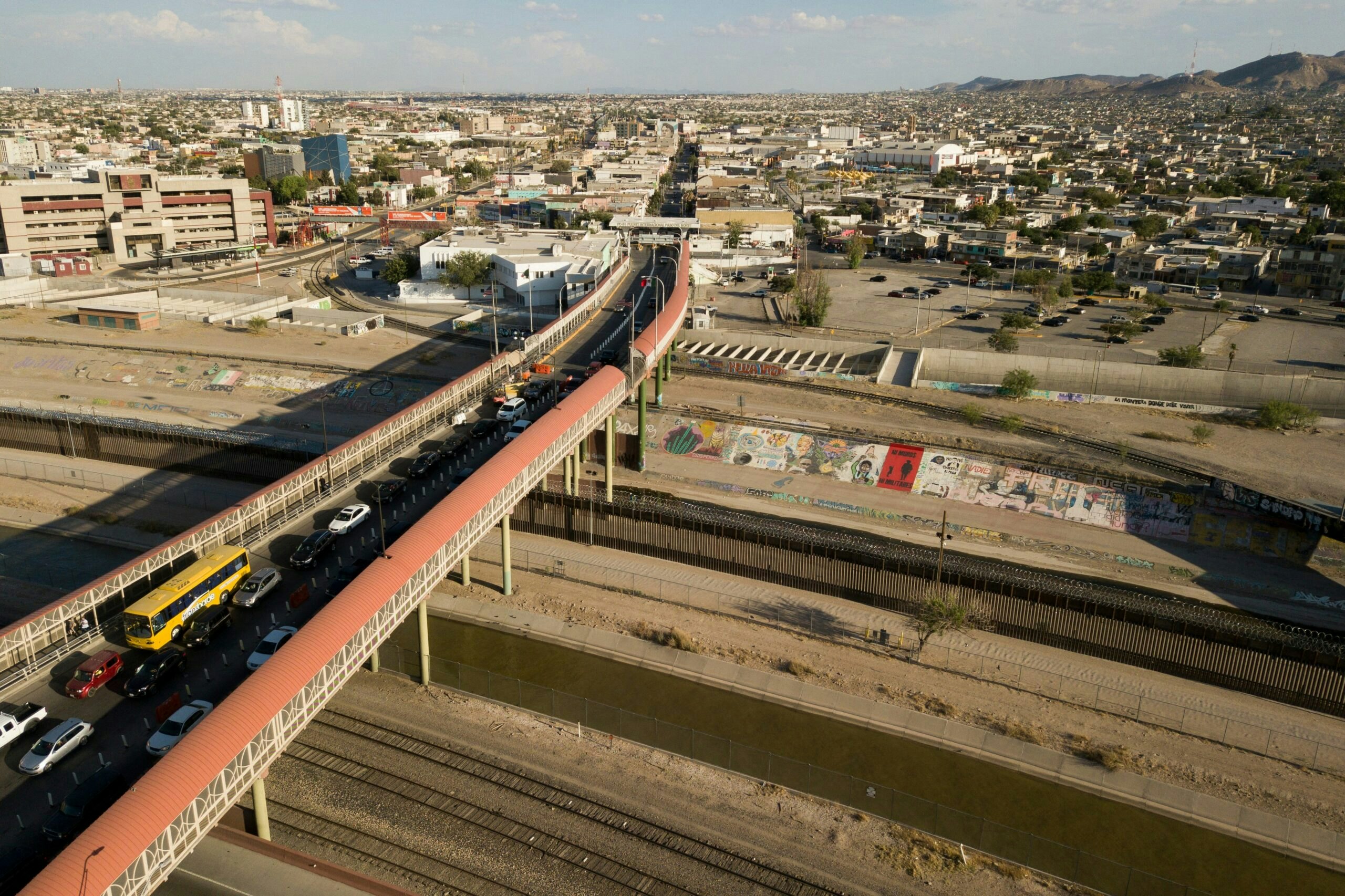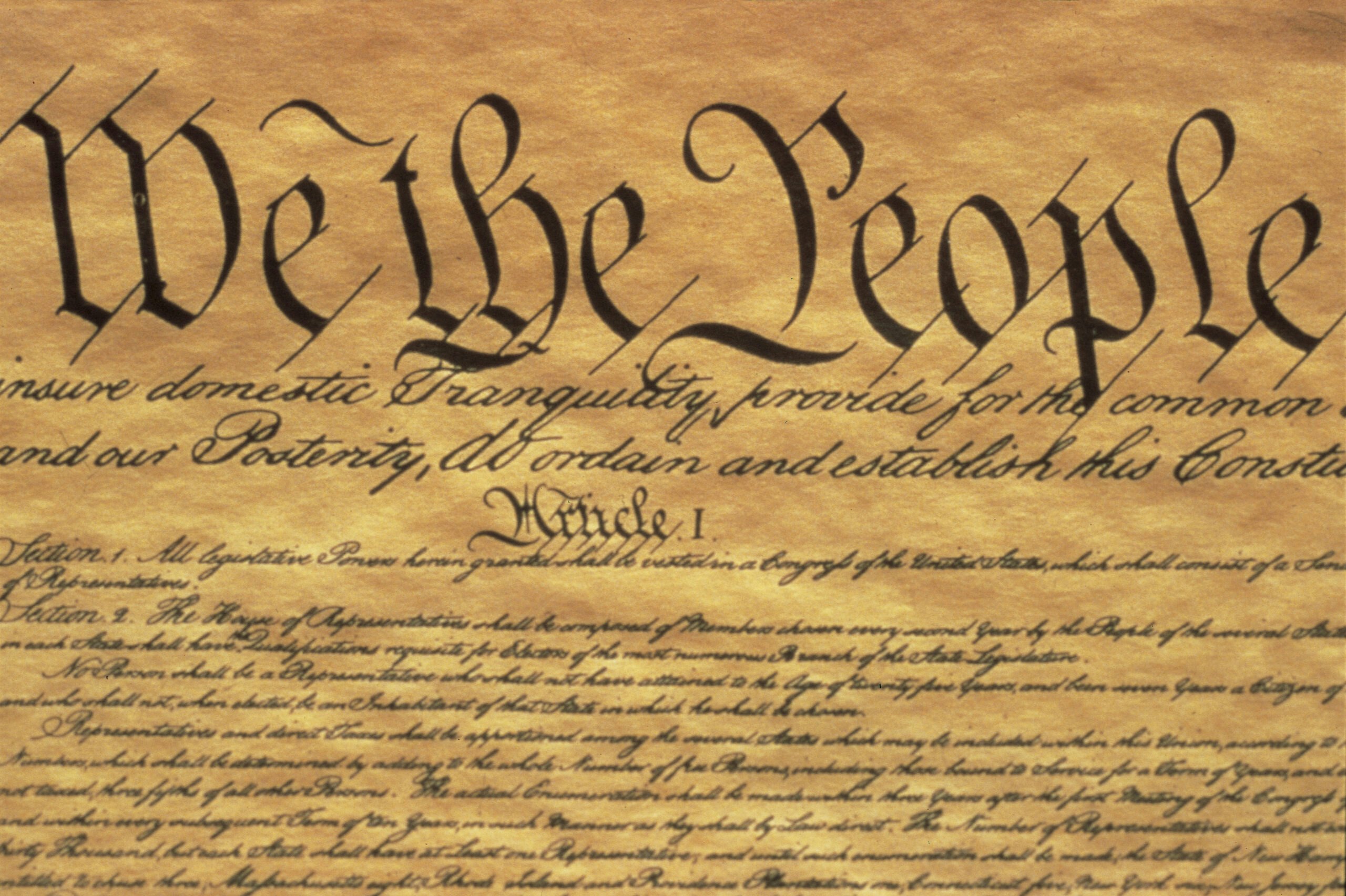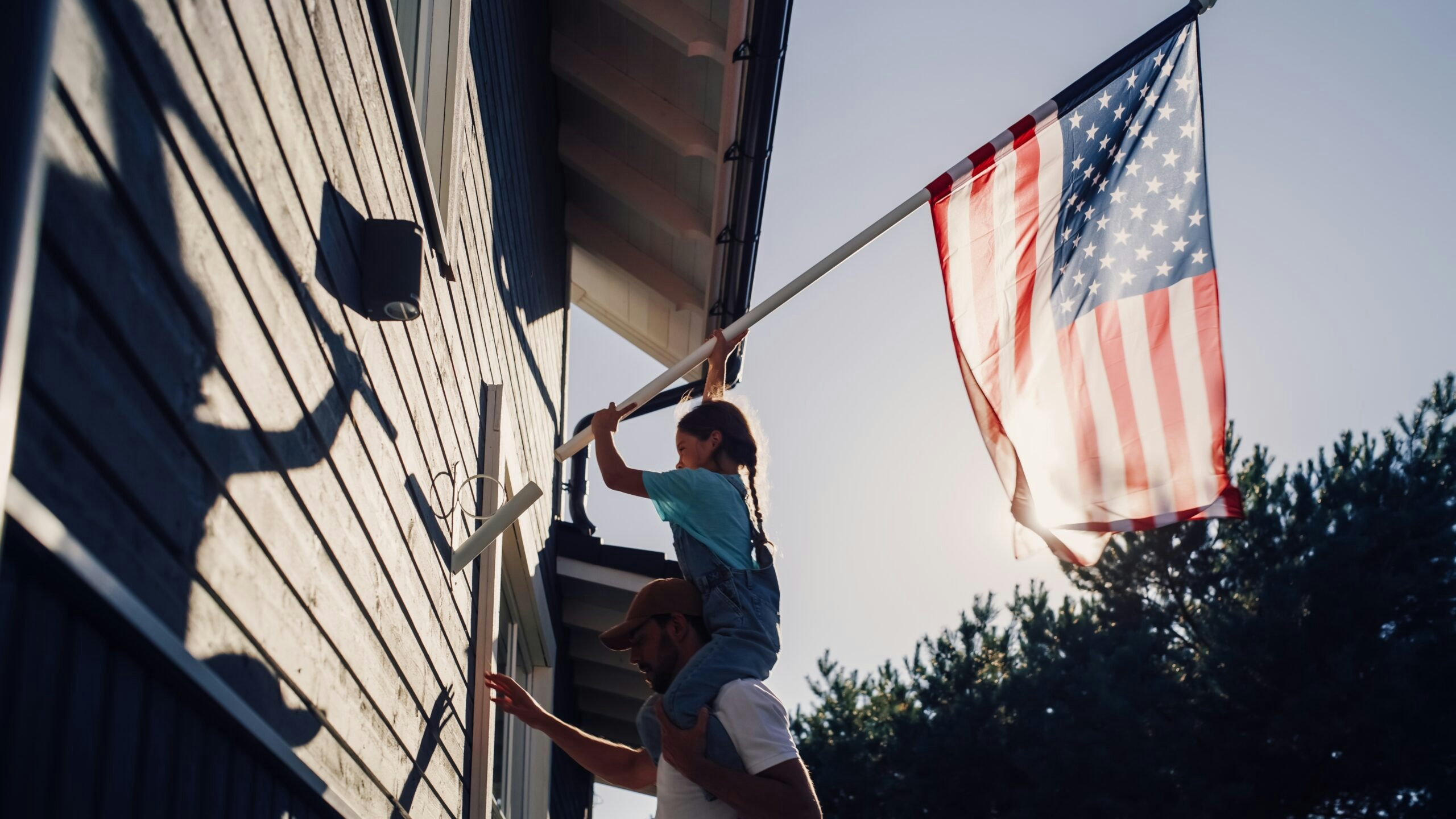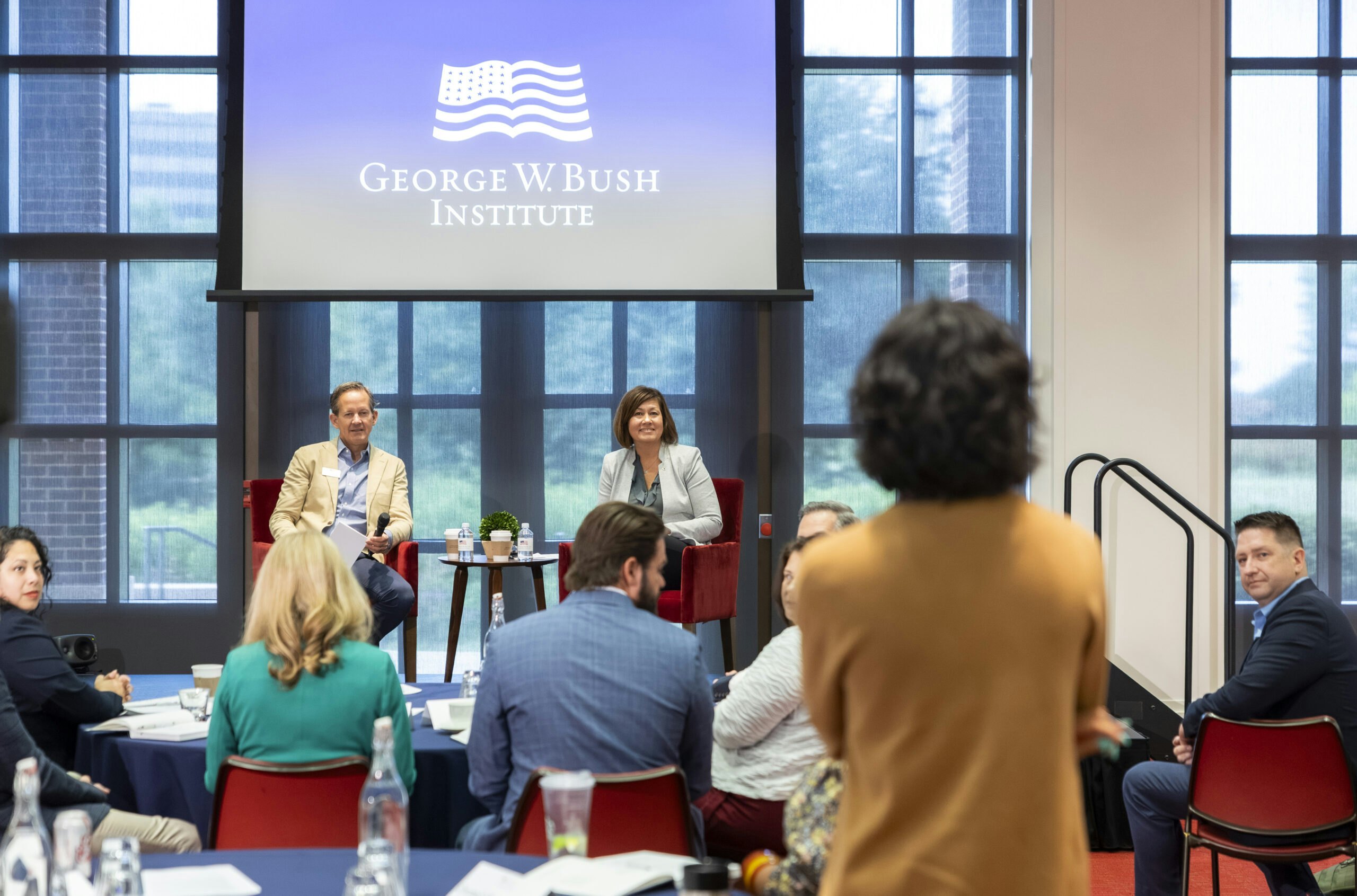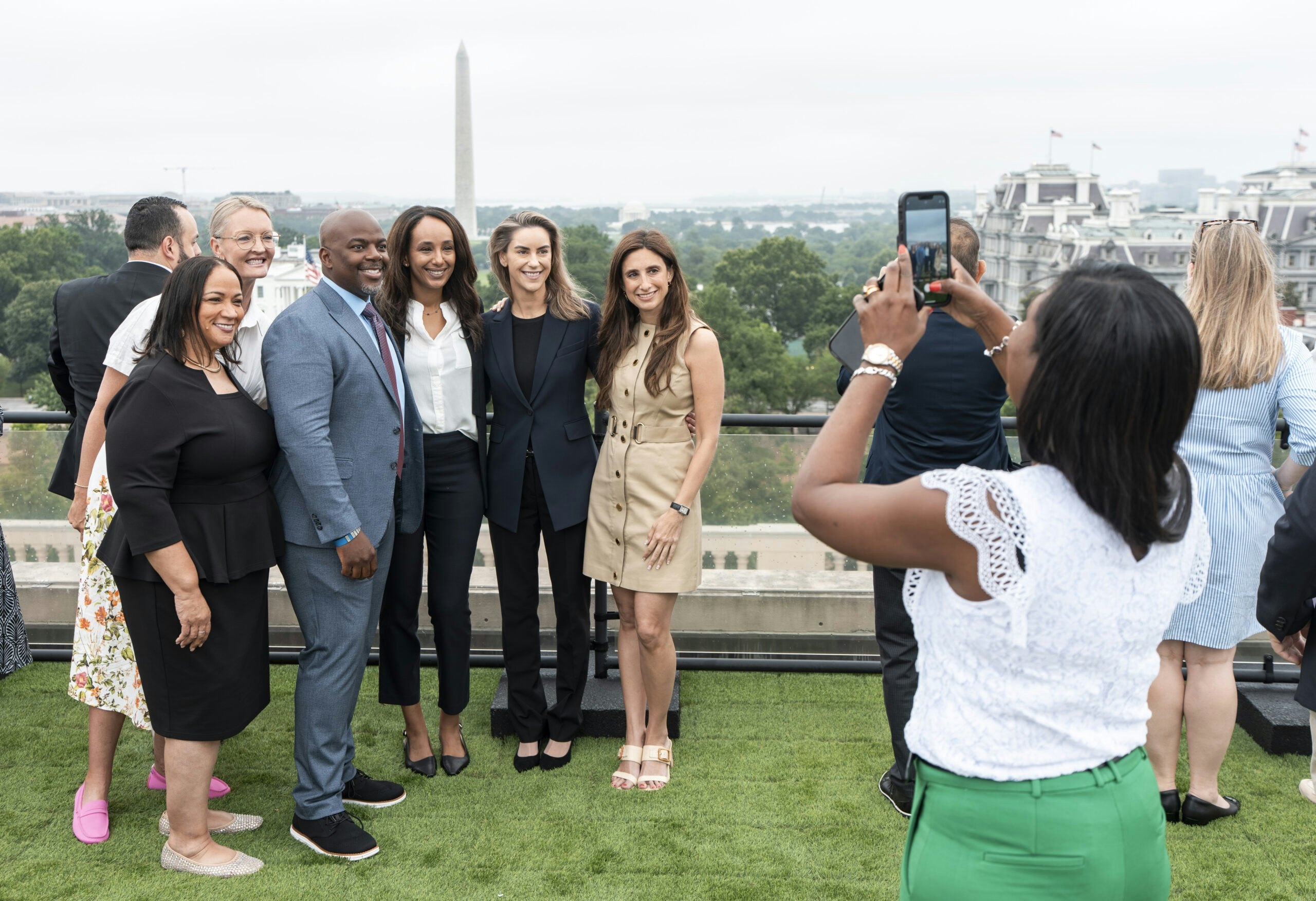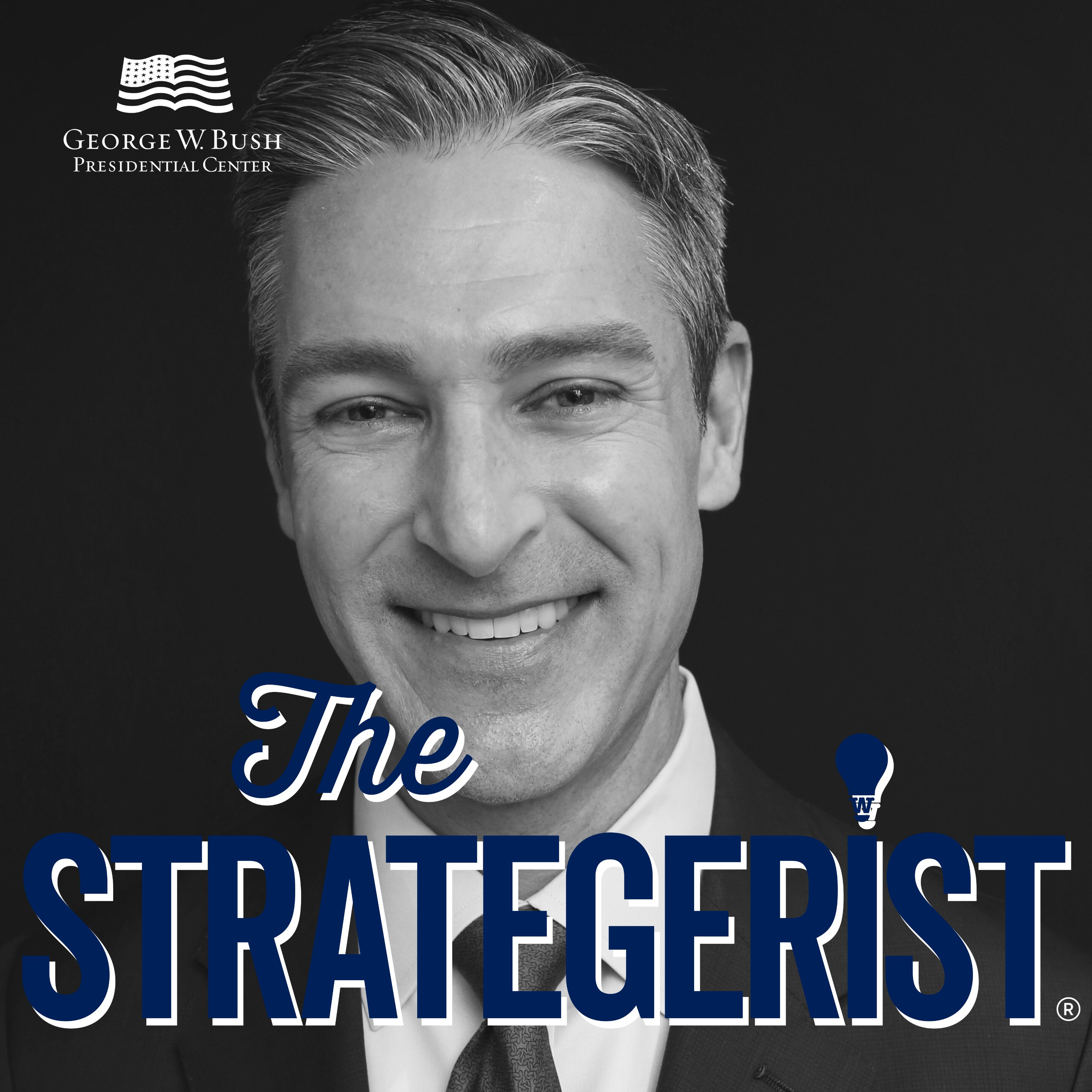Maybe we aren’t as divided as we think, even if it seems at times as if polarization may win.
Organizations and individuals around the country are breaking down barriers, creating greater understanding, or simply taking common actions to improve their communities. Here are more examples to go with these that I spotlighted in January and these that I wrote about in the Dallas Morning News.
FixUS – My colleague Chris Walsh and I participated in separate Zoom sessions throughout the spring with an organization aptly named FixUS. A project of the Committee for a Responsible Federal Budget, FixUS’ purpose is to address what its site terms “the division, distrust and dysfunction threatening our democracy.” The organization tackles this through various ways, which you can read about here.
The part Chris and I joined was FixUs’ pilot project focusing on depolarization. (The project drew upon research that Columbia University Professor Peter Coleman has done on best practices to reduce conflict.) We participated after meeting with the organization’s leaders, Michael Murphy and Andrew Henry. Their work fits with what we are attempting with our Pluralism Challenge series: Promote ways for people with different views to discuss their beliefs without fear of retaliation.
The sessions I participated in involved a group of 12 to 15 people from around the country. We met every other week. In the meantime, we did assigned exercises. They included getting us to read competing news sources, talking with someone with whom we have had a conflict or held opposing views, and focusing on listening strategies.
Every two weeks we reassembled via Zoom and discussed the exercises. Some dropped off after a week or two, leaving us with a core group of regulars. We came from different parts of the country. We leaned White and baby boomer-ish. As a whole, the group tilted center-left politically. In a post-mortem session that Andrew and Mike led, we all agreed that any groups following us would need far more diversity in ethnicity, age, and beliefs. (My group had more men than women, but not by a sizable difference.)
Still, the exercise was reassuring in several ways:
- It was valuable to hear from people across the country who want to detoxify discussions about our national life.
- The meetings provided specific tools to take some of the anger out of our debates.
- The sessions focused on what we can do as individuals, as opposed to simply waiting for someone else to take the lead.
The Flip Side – This site regularly presents news reports that look at the same topic from different points of view. The purpose, the Flip Side site says, is to “bridge the gap between liberals and conservatives.”
The organization uses what it calls a “cross-partisan” team to read through sources from the left, right, and center on a single topic. It then sends out a newsletter that captures samples in a short digest. (I discovered this organization through my FiXUS group.)
The organization also created an online forum where it attempts to create conversations free of trolling or clickbait. According to the site, it uses an algorithm that rewards “thoughtfulness and bipartisanship.”
I am not a systems engineer, so I have no idea how that happens. Nor am I part of their conversations. But I appreciate the effort to “practice pluralism” by forming conversations across various lines of division.
Do Something – Eboo Patel emphasizes in this Democracy Talks interview that shared projects are ice-breakers when it comes to getting people from different backgrounds to come together. The Strength Through Service initiative of Do Something, an organization that was featured on this PBS documentary, exemplifies that point.
According to its website, more than 85,000 young people have volunteered through this program since 2020. They have collected food for shelters, gotten cigarette butts off the streets, and recycled cans, among many other service projects across the country.
Working together is indeed one way to get to know people who may not share our views of the world. I certainly have experienced that through service projects, as I am sure others have, too.
Another way to get to know people from different backgrounds is doing something together physically. R.A.F.T. for America (Reuniting America By Fostering Trust) encourages rafting trips with people from different backgrounds. Rafting doesn’t pique my interest, but I get the point. Physical exertion can drain us of the energy that otherwise leads us to “fight” someone intellectually. Exercise recalibrates us so we can hear the other person. (My FixUS group went through a physical exercise for this very reason.)
Will these projects alone detoxify us? Of course not. But they are worth spotlighting as “points of light” that President George H.W. Bush once described as essential to the health of our communities.







